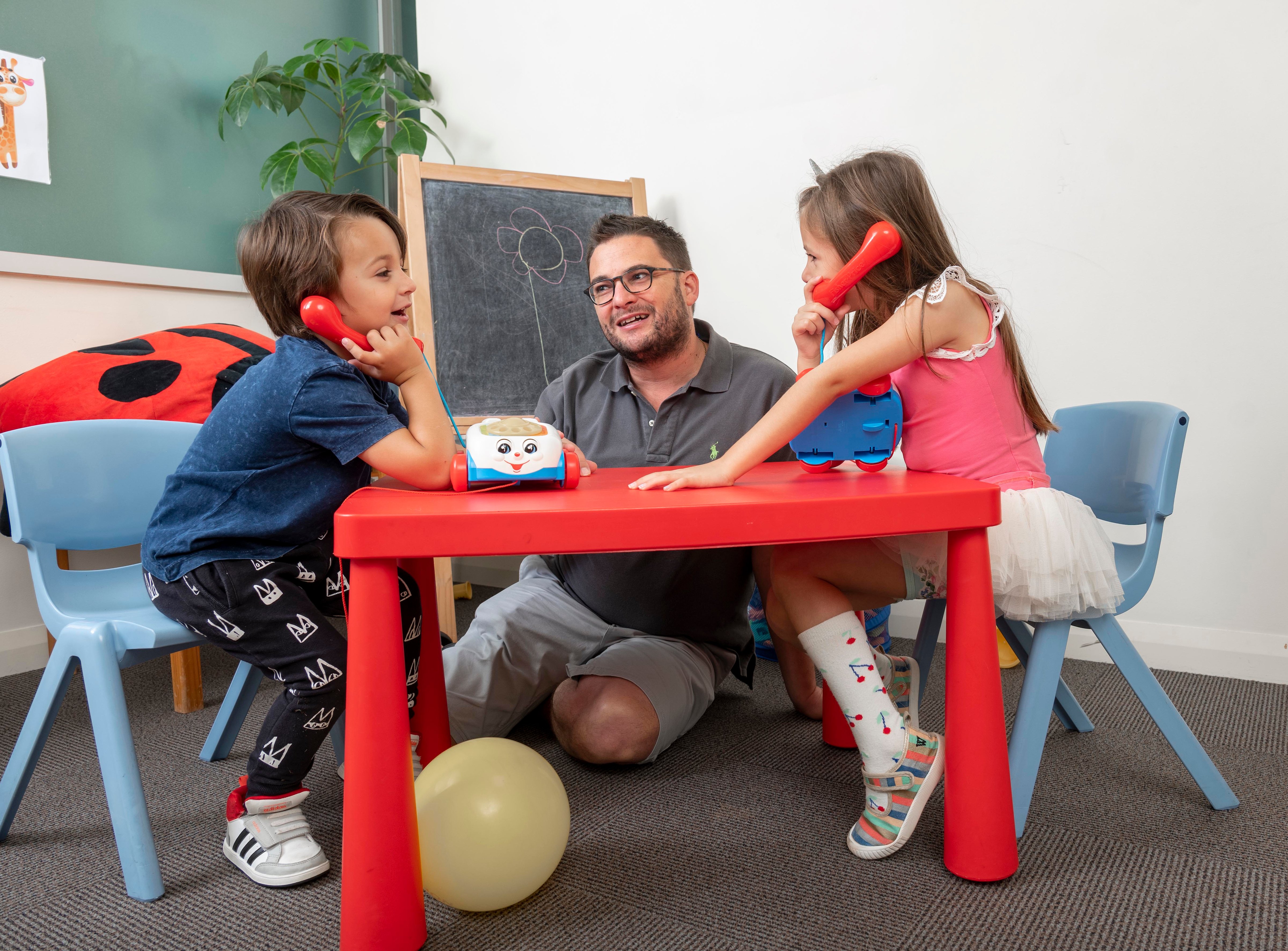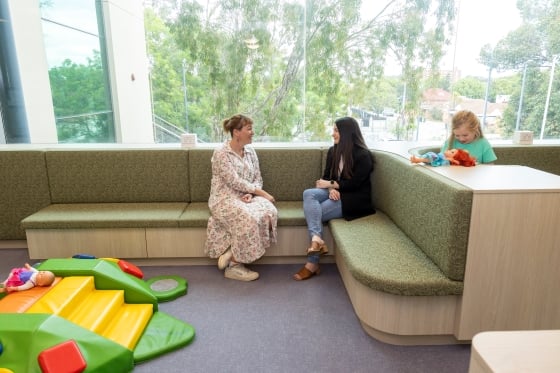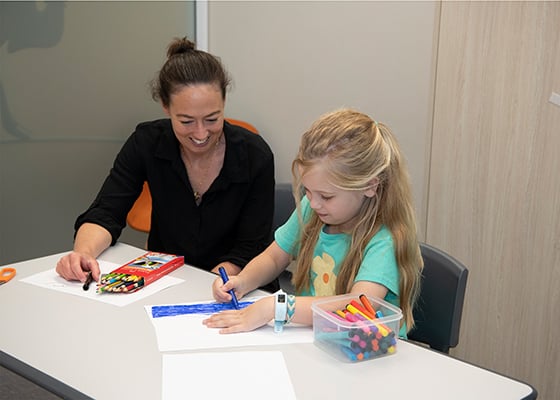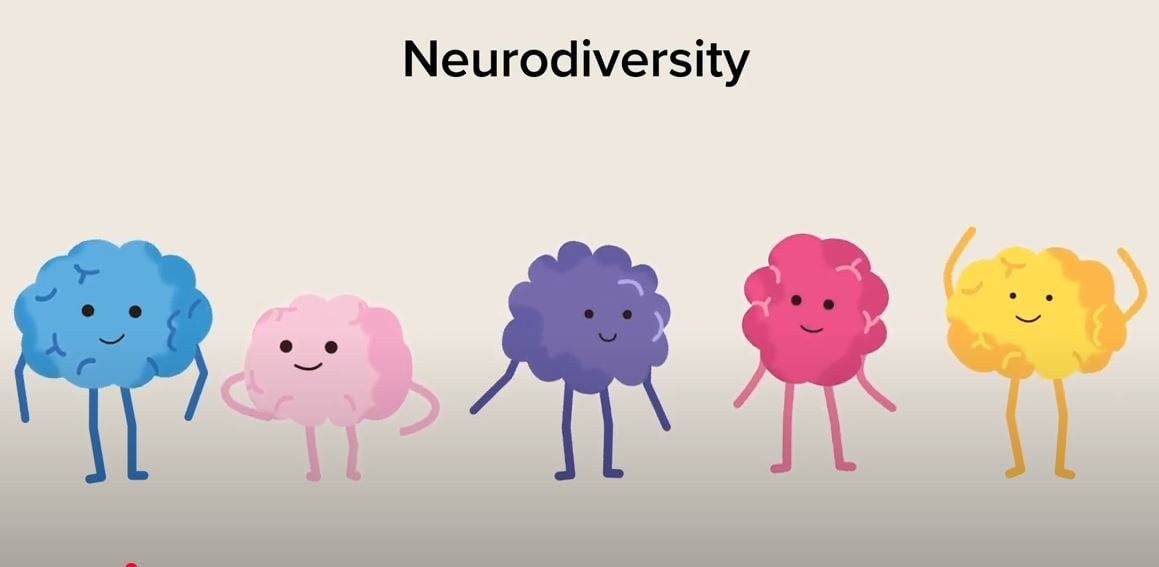Search

Professor Andrew Whitehouse recently spoke with ABC Perth’s Geoff Hutchison and Andrea Burns, Postgraduate Broadcasting Academic at ECU, for their ‘What Just Happened?’ segment which involves sitting down with a prominent Perth figure to get a sense of their life story and what matters most to them.

In this blog, Speech Pathology Clinical Lead Aria May discusses serve and return interactions to promote connection and communication with your child.

This is the second blog in our new series about what play is and its importance.

In this blog, Occupational Therapy Clinical Lead Marie Rodatz discusses the elements needed to create a neuro-affirming environment that supports neurodiverse individuals.
Neurodiversity refers to the different ways that people experience and interact with the world around them. Each person’s brain works differently, meaning no two brains are the same.

The language we use shifts over time and the words we use are important. At CliniKids, we are committed to using language that is neuroaffirming and preferred by the autistic community.
See the latest news and events from CliniKids.

Your child is starting school – how can you best support them?

We know that school transitions can be difficult for most children, but even more so for autistic children, who may need some extra support.

Neurodiversity awareness is about raising understanding that there are many different ways that people think, learn, process and interact with the world.
